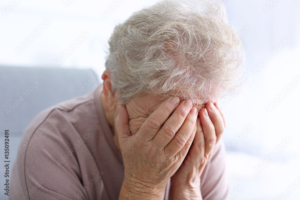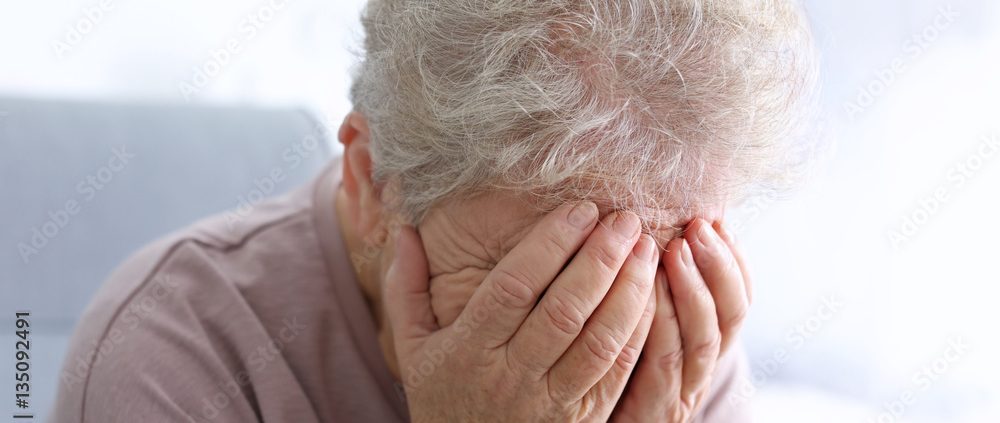Is It Holiday Stress . . . or something else??

Bah Humbug? It’s that time of year when friends and loved ones unite to celebrate family. It is usually a joyous season filled with laughter, plentiful food and drink, and a renewed sense of faith and hope. However, for some of us who suffer from a major depressive disorder (MDD), the Holidays can create additional stress, anxiety and worsen our existing depression. We may feel like isolating and not participating in festivities. We may look around at all the happy faces and wonder, “why am I not happy?†According to the World Health Organization (WHO), “Depression is a common illness worldwide, with an estimated 3.8% (264 million) of the population affected, including 5.0% among adults and 5.7% among adults older than 60 years.† MDD is defined as depression that lasts more than two weeks.
During a depressive episode, the person may experience feelings of profound sadness, irritability, increased anxiety or agitation, poor concentration, feelings of excessive guilt or low self-worth, disrupted sleep, changes in appetite or weight, and feelings of hopelessness, to name a few. Chronic untreated depression can often lead to suicidal thoughts and actions. Yet, with all the advanced medical technology available today, there are few effective treatments that cure or put depression into remission. The most common medical treatment over the years has been antidepressant medications (along with psychotherapy) and there are hundreds, if not thousands, to choose from. For some, antidepressants can play an invaluable role in helping relieve symptoms; but for those who suffer from treatment resistant depression (TRD), standard medications bring little to no relief. According to Johnson and Johnson, up to one-third of adults with MDD do not respond to treatments.
But there is hope at the end of this dark tunnel: Psychedelics. You heard right! Hold on ladies and gents from the 60’s and 70’s—this isn’t a joke. Due to the massive failure of Big Pharma to deliver, psychedelics have undergone a medical renaissance as researchers look to an ancient remedy for help. Studies at some of the most prestigious institutions in the world are conducting research into the world of psychedelics: John
Hopkins University, Yale School of Medicine, University of California/San Diego, London’s Imperial College of Science Technology and Medicine, and New York’s Mt. Sinai School of Medicine, for example. Recent research has proven psychedelics to be stunningly effective against intractable mental illnesses such as Major Depressive Disorder (MDD), Post-Traumatic Stress Syndrome (PTSD), bipolar disorder, and alcohol and drug dependence. Ketamine is showing promise in the treatment of MDD and PTSD; Ecstasy (MDMA); and LSD has proven to be quite effective at treating MDD and alcohol and drug dependence. However, by far the most promising among the psychedelics is psilocybin—the active ingredient in “magic mushrooms.â€Â Studies show that this powerful compound, combined with psychotherapy, brings fast and long-lasting relief from MDD and PTSD. Not only are psychedelics effective in the treatment and remission of MDD ad PTSD symptoms, but recent studies also suggest that psychedelics can heal and repair the brain, many times in just a single dose. This is great news to those of us who suffer from one of these debilitating illnesses.
Suffice it to say, this could still be years away from production and approval from the FDA. So, what do I do in the meantime? There are many helpful strategies that can bring temporary relief from depression, such as psychotherapy, meditation, yoga, biofeedback, listening to music, exercise, and even pet therapy. I will be doing a series on depression where I will expand on helpful therapeutic interventions. In the meantime, if you or a loved one is suffering from depression, please seek professional help right away. Here are a few resources:
- Substance Abuse and Mental Health Services Administration (SAMSHA):(800) 662-HELP (4357)
- National Alliance on Mental Illness (NAMI): Â (800) 950-NAMI (6264)
- National Suicide Prevention Hotline: (800) 273-8255



